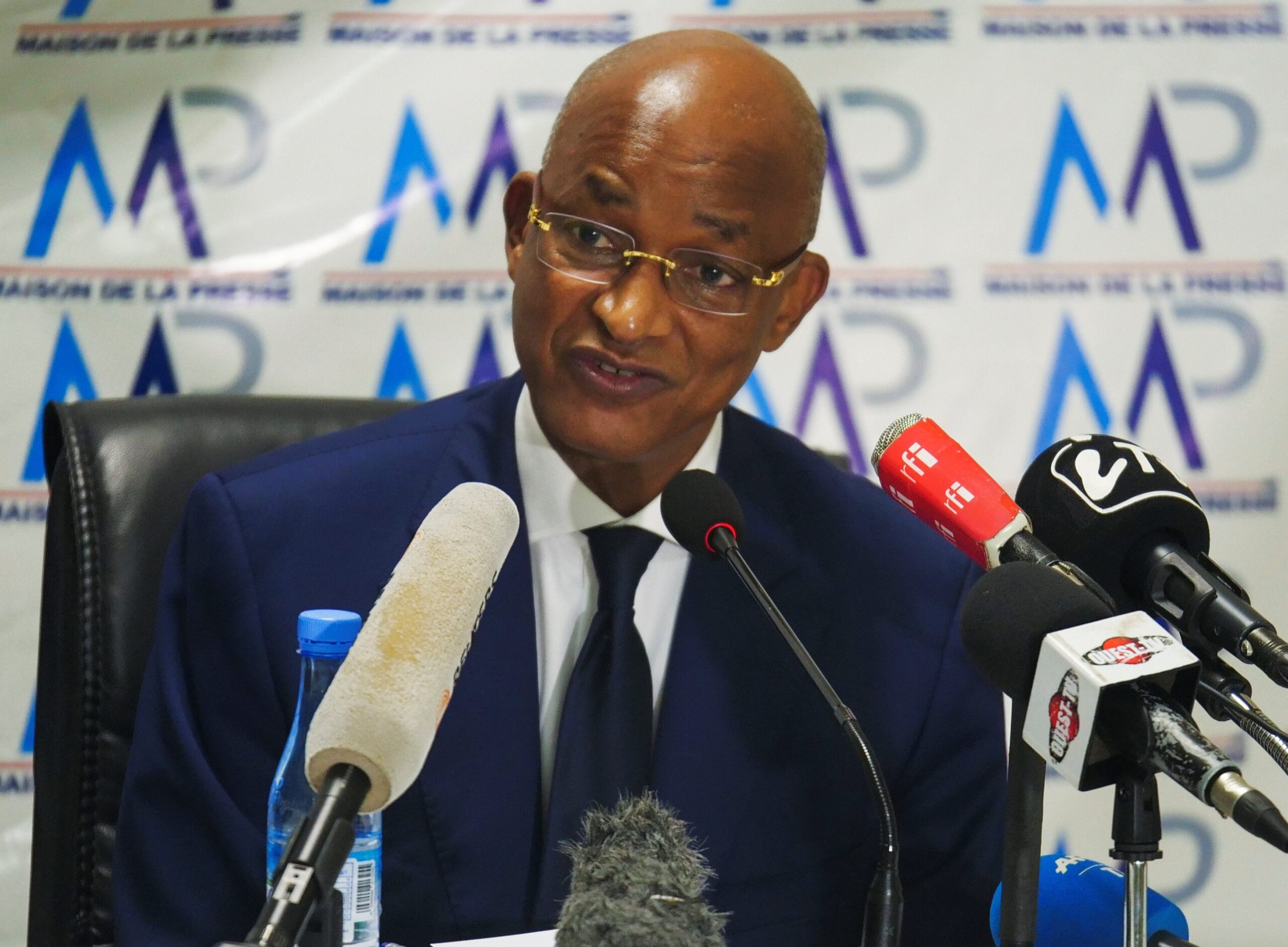
Exiled Guinean opposition leader Cellou Dalein Diallo has issued a powerful call to action from Abidjan, Ivory Coast, condemning what he described as the Guinean junta’s deliberate marginalisation of his political movement ahead of the country’s upcoming elections.
The former Prime Minister and current president of the Union of Democratic Forces of Guinea (UFDG) expressed outrage over authorities’ refusal to register him on the national electoral roll and the suspension of his party’s extraordinary congress, which had been set for July 6.
Speaking with visible emotion and resolve, Diallo urged his supporters to mount a resistance against what he termed “political hatred” and “systematic stigmatization.”
“Why are we preparing for resistance? Because we cannot do otherwise.
We cannot give up the fight. There are those who have made the ultimate sacrifice.
They died for Guinea, sometimes demonstrating for democracy. Others saw their homes razed, simply because they were members of the UFDG.
Some have lost opportunities simply because they belonged to our party,” he declared.
In his address, Diallo also commended party members who continue to operate under duress in Guinea, despite facing threats and intimidation.
He singled out Mohamed Traoré, Founiké Menguè, Billo Bah, Marouane Camara, Sadou Nimagan, General Sadiba Koulibaly, Dr. Diabaté and Colonel Célestin as symbols of resilience.
“Being in the UFDG today means exposing yourself to forced disappearances, kidnappings… But we have a duty towards those who fell for democracy,” he continued.
The exclusion of his name from the electoral list, Diallo insisted, marked an unacceptable breach.
“If we end up preventing a citizen, who is also the president of a leading political party, from registering, we are crossing a red line. And this, despite all the concessions we have made, despite our desire to respect the demands of the MATD and the justice system,” he lamented.
As the political temperature rises in Conakry, all eyes are now on junta leader General Mamadi Doumbouya, whose next move could shape the direction of Guinea’s fraught political landscape.



